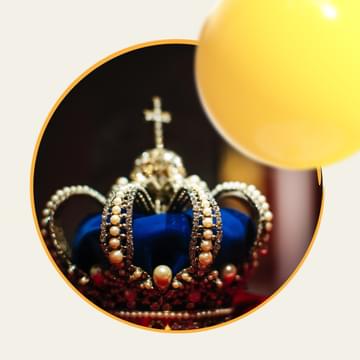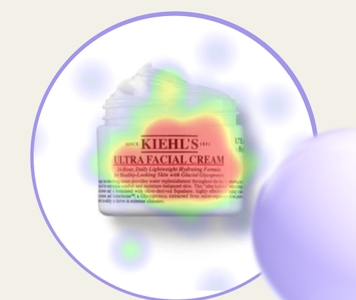The issue with traditional brand tracking
Brand tracking is one of those things that insights teams and marketers do because it's the done thing, without seeing a lot of return on investment (ROI). The studies are often bloated and backward looking, meaning it's difficult to align the insights gathered with current brand building activities.
But it’s also great to have some foundational metrics on your brands. Is it possible to reinvent tracking to be more agile?
Brand tracking, but make it different
Dig Insights created the Upsiide platform to allow teams to assess innovation ideas easily. Respondents are presented with a set of ideas one at a time. They swipe right if they like an idea and swipe left if they dislike an idea. Once they like two ideas, they are asked to pick a favourite.
With this methodology at our disposal we asked ourselves, what if the ideas that respondents were assessing were not innovations? What if they were in-market brands, products, or SKUs? Could this allow a brand to efficiently track how much consumers “like” brands within a category?
To demonstrate how Upsiide could provide an assessment of existing brands likeability, we chose to use the British Royal Family. The idea is that each family member is essentially a brand. The studies ran in the USA and UK in March 2020. It should be noted that this was before the death of Prince Philip.
The Upsiide methodology
When you run a study on Upsiide, there are three main data points to be aware of.
Interest Score:
This is the proportion of people who liked an idea. The Interest Score is a percentage score.
Commitment Score:
When respondents like two ideas, they are asked to trade-off between them, picking a favourite. The Commitment Score is also a percentage score.
Idea Score:
This is a composite metric - so, an absolute score - that's been calibrated to predict sales in-market. The Idea Score is based on a combination of Interest Score and Commitment Score. Though it might sound simple, we fine-tuned the relative weights of the Interest and Commitment Scores (using the Hierarchical Bayesian (HB) Linear Model) and consistently validated them with in-market realities. This resulted in an optimized Idea Score, a brand new metric that will help you predict sales volumes.
Upsiide study results
The studies revealed that princess Diana remains the most popular royal with an Idea score of 87. She outperforms even the Queen, who ranks second. Just as brand performance is dynamic and changes in response to the broader market, Princess Diana’s ranking may have been affected by the most recent season of The Crown, which focused on the early years of Charles and Diana. Similarly, the poor performance of Andrew is likely linked to his recent scandals.
It will be interesting to see what happens when the crown passes from the Queen to Prince Charles; both the Queen and Prince William are much more popular than Prince Charles.
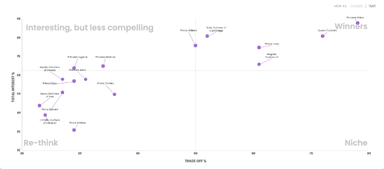
Looking separately at the two markets, we see some differences. The Queen, Prince Charles, Prince William and Princess Ann are all more popular in the UK than USA. Meghan, Duchess of Sussex and Sarah, Duchess of York are more popular in USA.
Tracking brand (or Royal) associations
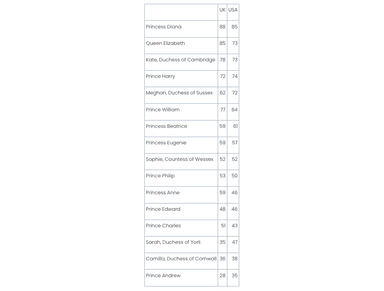
You can also use Upsiide to understand brand associations. In this case, instead of a swipe right meaning 'like' and a swipe left meaning 'dislike', a respondent swiping right means that they believe a specific attribute fits with their perception of the brand, and swiping left means that the respondent feels the attribute does not fit with their perception of the brand. Using that approach, we can create a correspondence (association) map.
This very clearly revels that the Queen and Prince William are associated with positive attributes like caring, devoted, interesting, intelligent and inspiring. Charles, in contrast, is associated with boring, irrelevant, selfish and arrogant.
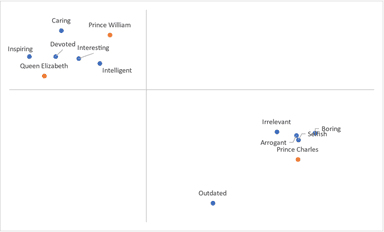
This kind of study can be fielded quickly on the Upsiide dashboard, which will allow you and your team to field studies dynamically in response to changes in the marketplace.
Want to chat to an Upsiide expert to learn how you can approach brand tracking in an agile way? Book a free consultation now.
